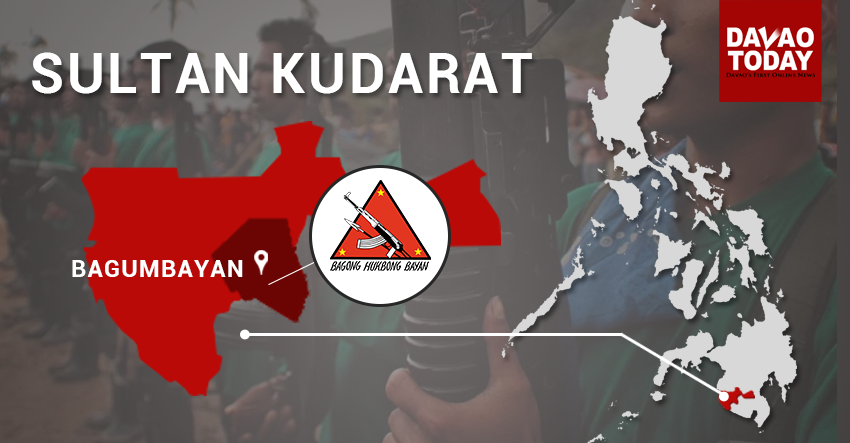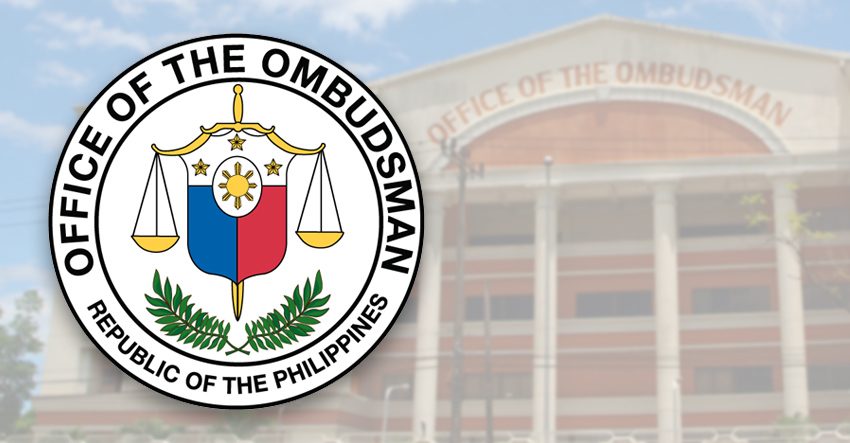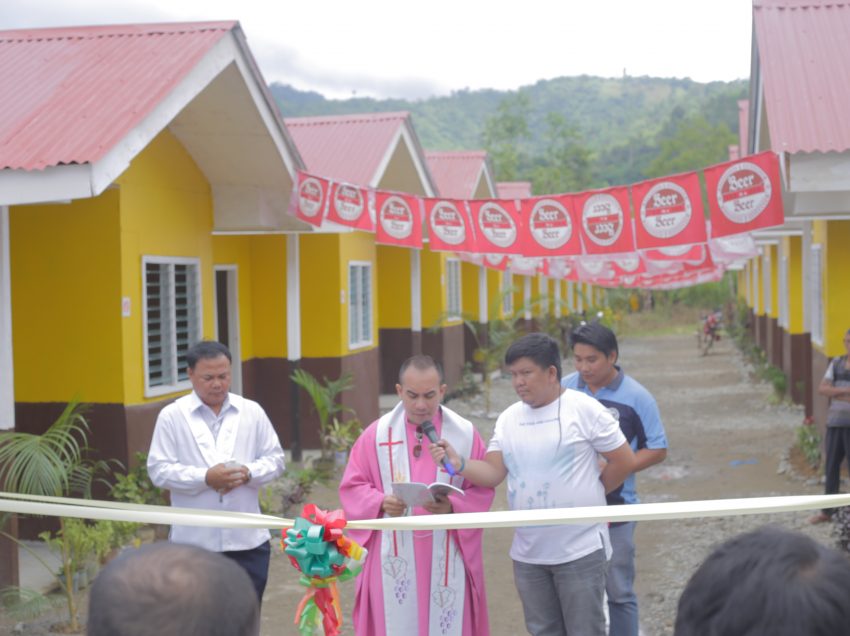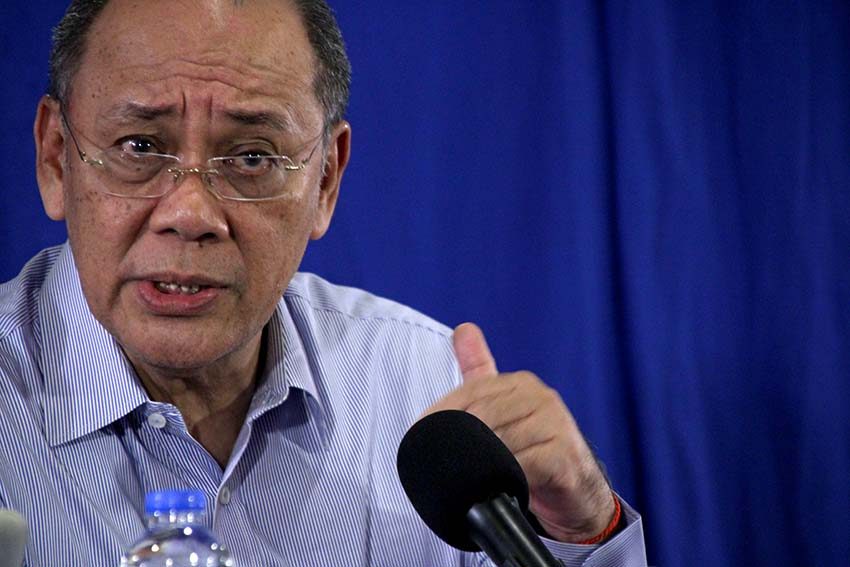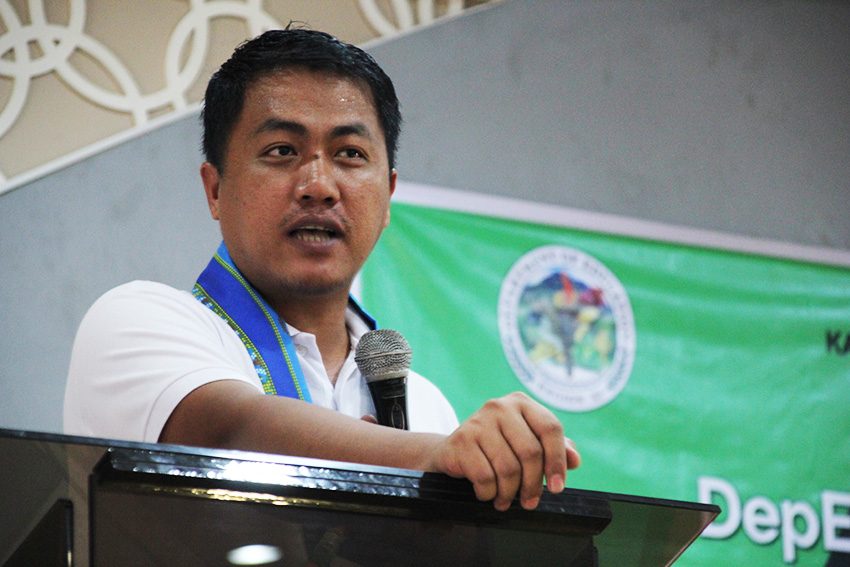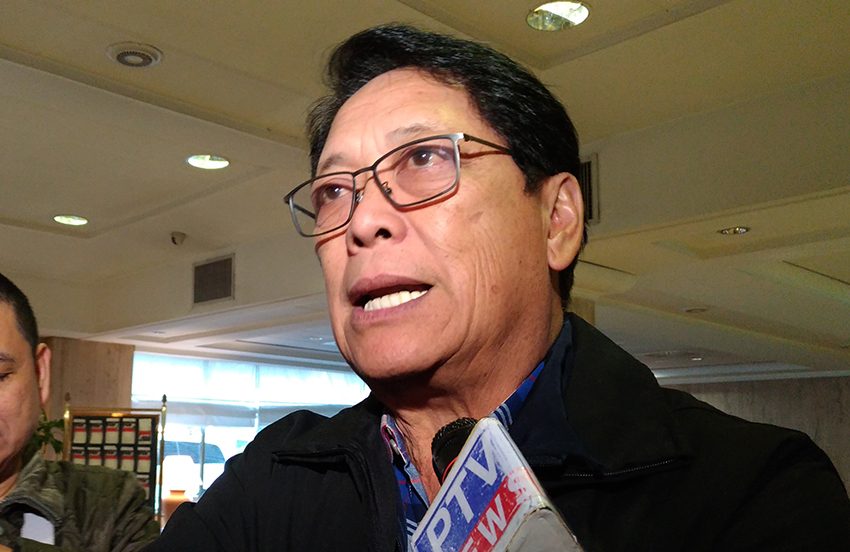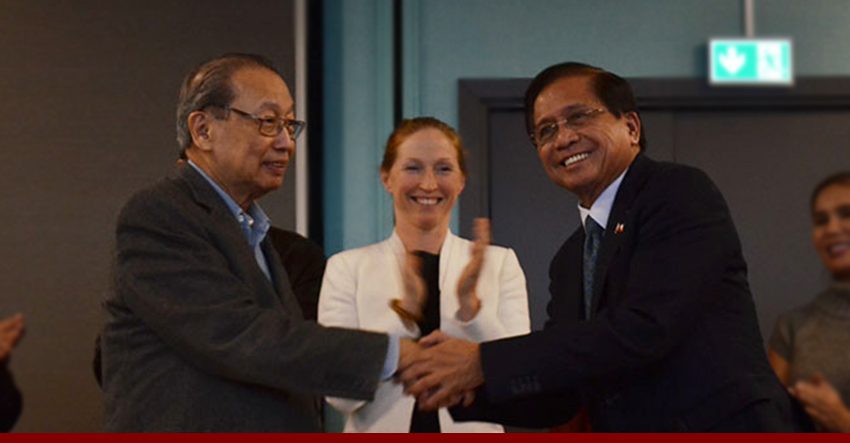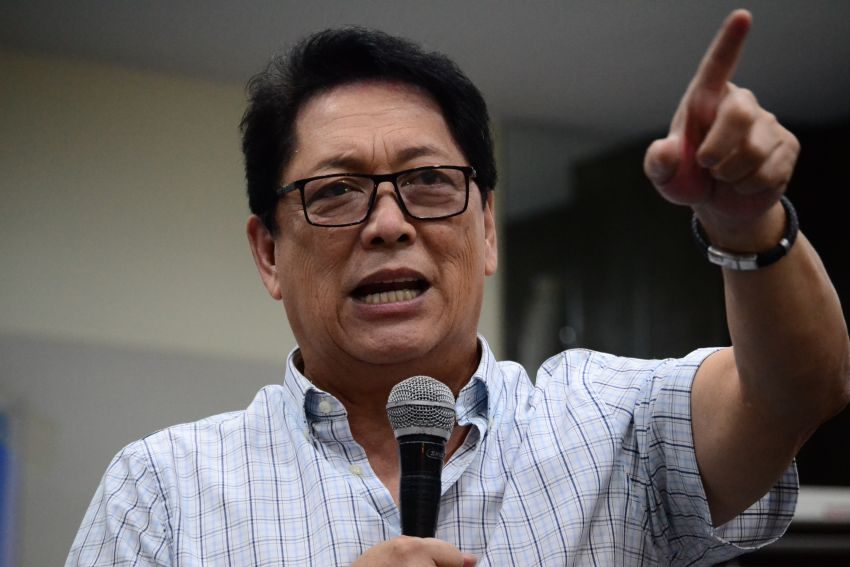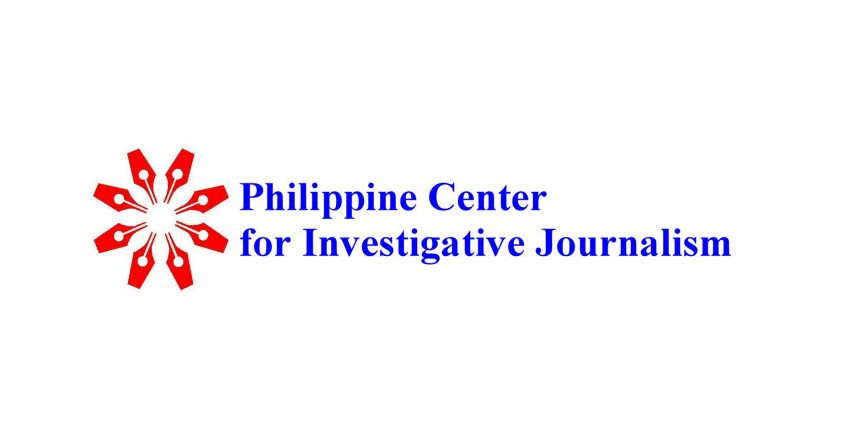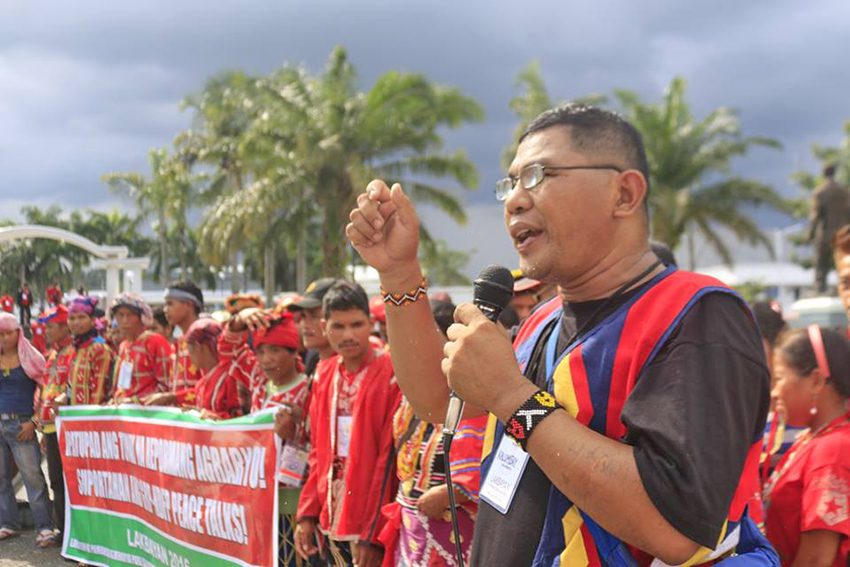The New People’s Army on Thursday said it killed at least three company guards of the Silvicultural Industries Incorporated when it attacked the company in Sultan Kudarat on Sunday, Aug.13.
The political careers of two Mindanao town officials were put to end after the Ombudsman dismissed them from service over irregularities on their Statements of Assets, Liabilities and Net Worth (SALNs).
Around 48 housing units were turned over in several towns in Compostela Valley recently to residents living within danger zone areas identified by the government.
Malacañang on Monday, August 14, condemned the ISIS-linked Maute group’s plan to use hostages as “human bombs” to attack government forces in war-torn Marawi.
The Alliance of Concerned Teachers on Monday called on government to ensure funding for the implementation of the International Labor Organization (ILO) Convention 151, a treaty that aims to protect government workers.
Labor Secretary Silvestre Bello III said the labor department is coming up with an administrative order to direct all business establishment to grant rest periods for salesgirls including male employees.
While the government is yet to serve formal notice terminating the peace negotiation, Church leaders and peace advocates hope that this would also give them space for continuing the talks.
The Department of Labor and Employment (DOLE) has only 574 labor law enforcers to do inspections and evaluation to about 937,000 business establishments all over the country.
THE EXPENDITURE totals usually don’t quite add up and tallies from different entities don’t match. But there is no question that among those who strike it big during elections are media outfits, and the 2016 polls proved no different.
Lumad groups are pressing for the arrest of militiaman Alde “Butsoy” Salusad, the leader of paramilitary group New Indigenous Peoples Army Reform which they say is responsible for the deaths of several Lumad leaders and the subsequent mass evacuations.

